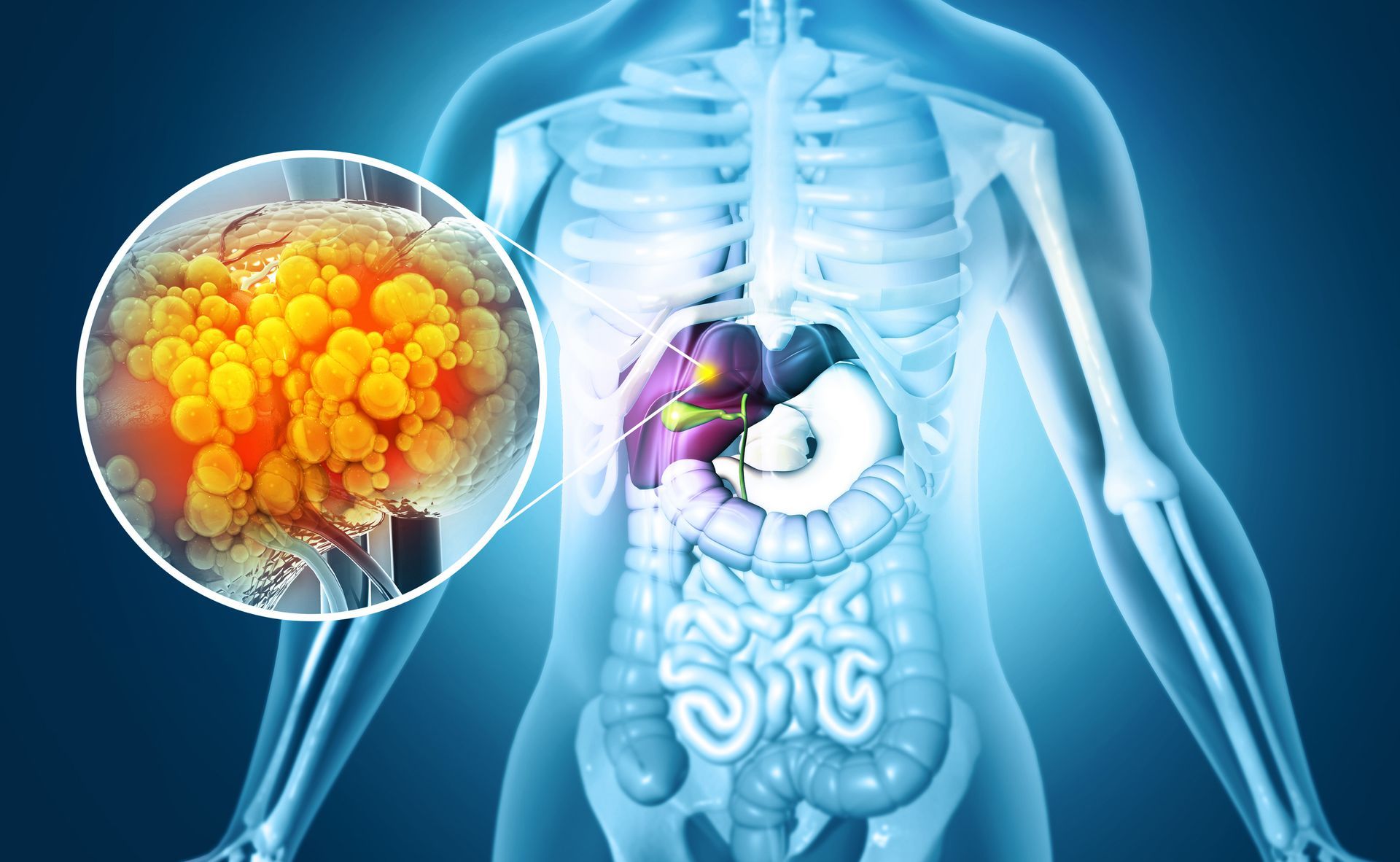What is the Difference Between Ulcerative Colitis and Crohn’s Disease?
Inflammatory bowel diseases (IBDs), which are chronic illnesses that cause inflammation in the digestive tract, include ulcerative colitis (UC) and Crohn's disease (CD). Despite the similarities between the two disorders, it's crucial to recognize that ulcerative colitis and Crohn's disease differ in some significant ways.
The fundamental distinction between UC and CD is where the inflammation is located in the digestive tract. While CD can affect any portion of the digestive tract, including the mouth and the anus, UC only affects the colon (large intestine) and rectum.
Type of Bowel Inflammation
While CD's inflammation is patchy and can affect the entire thickness of the intestinal wall, UC's inflammation is continuous and affects the innermost lining of the colon. This may result in issues including fistulas (abnormal connections between organs) and strictures (narrowing of the intestine).
Symptoms of Ulcerative Colitis and Crohn’s Disease
There are certain variations between UC and CD symptoms, albeit they can be comparable. Diarrhea, rectal bleeding, and abdominal pain are typical signs of UC. In addition to comparable symptoms, CD can also result in fever, exhaustion, and weight loss.
Age of Onset for IBD Conditions
Although both ulcerative colitis and Crohn’s disease can manifest at any age, they often affect different age groups. While CD can occur at any age but is more prevalent in adults between the ages of 20 and 30, UC commonly manifests in people between the ages of 15 and 30.
Treatment Options for IBD
Similar treatments, such as anti-inflammatory agents, immunosuppressants, and biologics, may be used to treat both UC and CD. In some circumstances, surgery can be required to remove diseased intestinal sections. The particular treatment strategy will vary depending on each case, though, as the location and type of inflammation vary.
While ulcerative colitis and Crohn’s disease share similarities, they are distinct conditions with different causes, symptoms, and treatment options. If you are experiencing symptoms of IBD, it is important to speak with a healthcare provider for an accurate diagnosis and appropriate treatment plan. The expert staff of gastroenterologists at Digestive Diseases Center are here to help.
CONTACT
850-763-5409
ADDRESSES
4 LOCATIONS
204 E 19th Street, B, Panama City
12216 Panama City Beach Pkwy, D, Panama City Beach
4295 3rd Ave, Marianna
101 Good Morning St., 109B, Port St. Joe
Subscribe to our newsletter:
subscribe to our newsletter
We will get back to you as soon as possible.
Please try again later.



